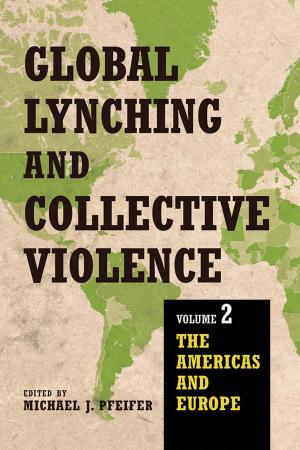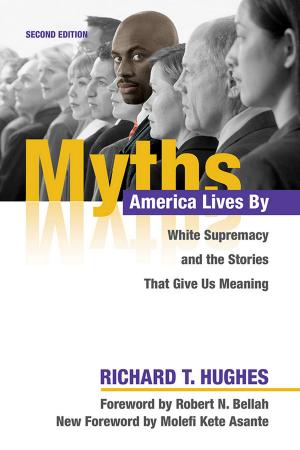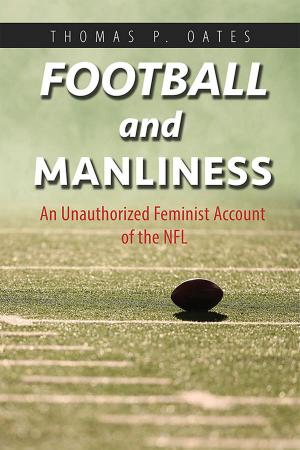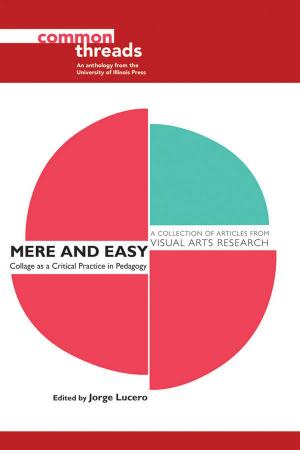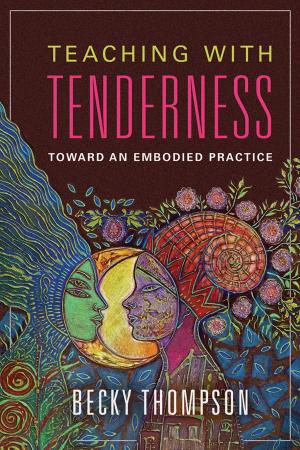Beyond Respectability
The Intellectual Thought of Race Women
Nonfiction, Social & Cultural Studies, Social Science, Cultural Studies, African-American Studies, Gender Studies, Women&| Author: | Brittney C. Cooper | ISBN: | 9780252099540 |
| Publisher: | University of Illinois Press | Publication: | May 3, 2017 |
| Imprint: | University of Illinois Press | Language: | English |
| Author: | Brittney C. Cooper |
| ISBN: | 9780252099540 |
| Publisher: | University of Illinois Press |
| Publication: | May 3, 2017 |
| Imprint: | University of Illinois Press |
| Language: | English |
Beyond Respectability charts the development of African American women as public intellectuals and the evolution of their thought from the end of the 1800s through the Black Power era of the 1970s. Eschewing the Great Race Man paradigm so prominent in contemporary discourse, Brittney C. Cooper looks at the far-reaching intellectual achievements of female thinkers and activists like Anna Julia Cooper, Mary Church Terrell, Fannie Barrier Williams, Pauli Murray, and Toni Cade Bambara. Cooper delves into the processes that transformed these women and others into racial leadership figures, including long-overdue discussions of their theoretical output and personal experiences. As Cooper shows, their body of work critically reshaped our understandings of race and gender discourse. It also confronted entrenched ideas of how--and who--produced racial knowledge.
Beyond Respectability charts the development of African American women as public intellectuals and the evolution of their thought from the end of the 1800s through the Black Power era of the 1970s. Eschewing the Great Race Man paradigm so prominent in contemporary discourse, Brittney C. Cooper looks at the far-reaching intellectual achievements of female thinkers and activists like Anna Julia Cooper, Mary Church Terrell, Fannie Barrier Williams, Pauli Murray, and Toni Cade Bambara. Cooper delves into the processes that transformed these women and others into racial leadership figures, including long-overdue discussions of their theoretical output and personal experiences. As Cooper shows, their body of work critically reshaped our understandings of race and gender discourse. It also confronted entrenched ideas of how--and who--produced racial knowledge.

